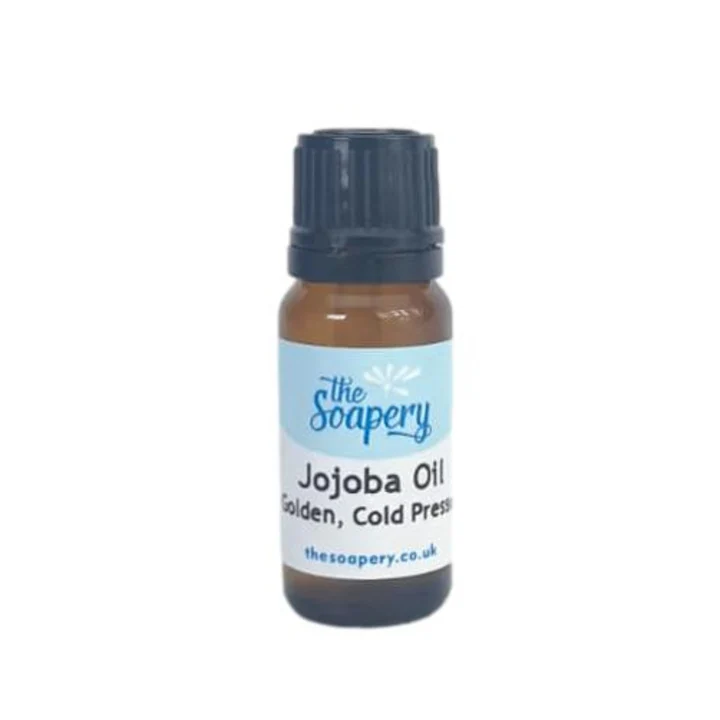Jojoba oil is gaining popularity for its numerous benefits in skincare and hair care. This natural oil is known for its moisturizing and healing properties, making it effective for various skin issues like acne and dryness. Extracted from the seeds of the jojoba plant, this unique oil resembles human sebum, which helps balance oil production in the skin.
Used in various beauty products, jojoba oil provides nourishment and hydration. Its rich composition includes antioxidants and anti-inflammatory compounds, enhancing its effectiveness for treating minor skin irritations and promoting healthy hair growth. As more people discover its versatility, jojoba oil continues to become a staple in many beauty routines.
With a focus on quality sourcing and sustainability, jojoba oil reflects a growing trend in natural and eco-friendly products. Understanding its origins, benefits, and proper usage can help individuals make informed choices for their skin and hair care needs.
Key Takeaways
- Jojoba oil offers moisturizing and healing properties for skin health.
- It closely resembles human sebum, aiding in oil balance.
- Sustainable sourcing makes it a popular choice in natural beauty products.
Origin and Botanical Profile of Jojoba Oil
Jojoba oil comes from the seeds of the Simmondsia chinensis plant. This shrub is native to regions of southern Arizona, southern California, and northwestern Mexico.
The oil makes up about 50% of the seed’s weight. Jojoba oil is often referred to as a liquid wax because of its unique chemical structure.
Key Characteristics
- Appearance: Pale yellow and transparent liquid
- Density: 0.87 – 0.873
- Comedogenicity Index: 0 (non-comedogenic)
Jojoba oil is unique among plant oils as it resembles human sebum. This similarity allows it to penetrate the skin effectively without leaving a greasy feel.
It has longstanding uses in both traditional and modern medicine. Cultures have employed jojoba oil for skin and hair care for centuries. This oil is recognized for its moisturizing and anti-inflammatory properties, making it beneficial for various skin conditions.
Uses
- Moisturizer: Hydrates skin and hair.
- Anti-inflammatory: Helps in reducing skin irritation.
- Folklore medicine: Used for skin disorders and wound healing.
Jojoba oil’s versatile profile makes it a valued ingredient in cosmetics and personal care products. It serves both practical and traditional roles in enhancing health and beauty.
Chemical Composition and Properties
Jojoba oil is unique due to its chemical structure. It is mainly made of long-chain fatty acid and fatty alcohol esters. These chains typically have 36 to 46 carbon atoms, contributing to its stability and long shelf life.
The principal component is gadoleic acid, which makes up 61-71% of the oil.
Other Components:
- Sterols
- Vitamins
- Flavonoids
- Phenolic compounds
- Cyanogenic compounds
These components add to its beneficial properties for skin and hair care.
Jojoba oil has a liquid wax form. This wax composition is why the terms “jojoba oil” and “jojoba wax” are often used interchangeably.
Properties:
- Low viscosity: This allows it to spread easily on the skin.
- High stability: It does not easily go rancid, making it suitable for storage.
- Moisturizing: It helps to retain moisture without clogging pores.
Due to these characteristics, jojoba oil is widely used in cosmetics, skincare, and industrial applications like lubricants and biodiesel production.






